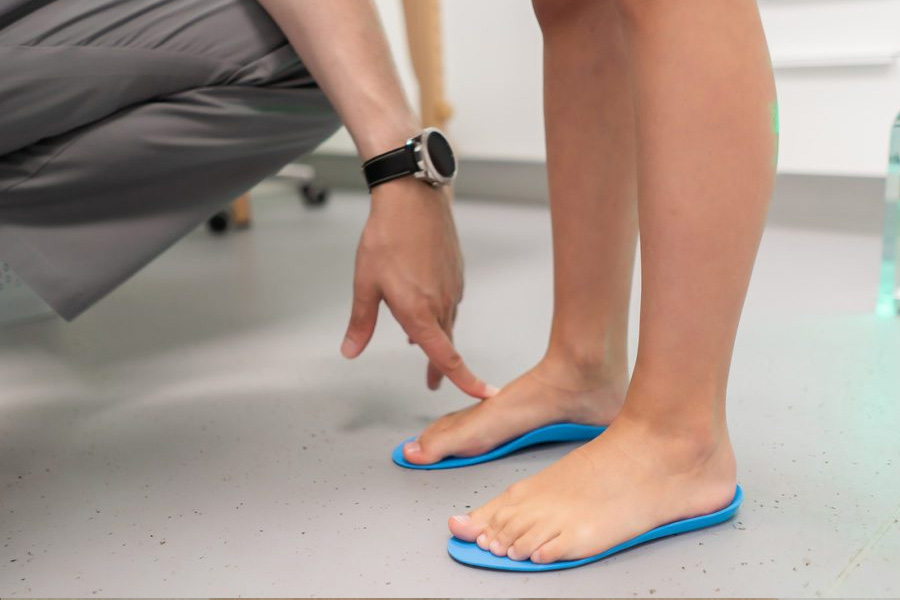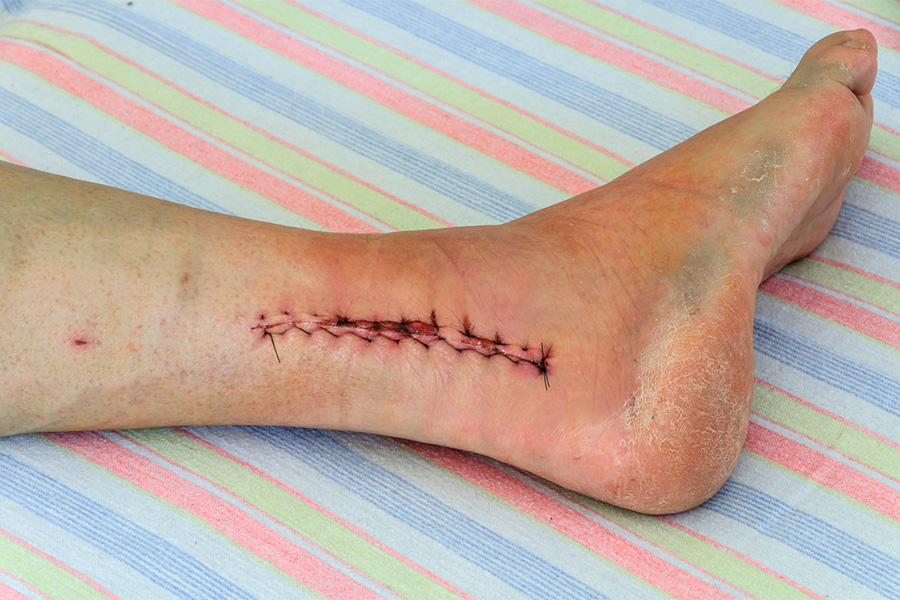A hyperextended knee is a fairly common knee injury characterized by the knee bending too far backward. While a hyperextended knee injury can happen to anyone, it is more common among athletes who have a higher risk of sudden and forced collisions while playing their sports. A hyperextended knee injury often happens when a person lands hard after a jump or suddenly stops when running or sprinting. If you or a loved one experienced a hyperextended knee injury while playing a sport or through another activity, seek medical attention to find relief.
Symptoms of a Hyperextended Knee
When a hyperextended knee injury happens, it is normally accompanied by a loud “pop” sound as the knee is forced backward beyond its normal range. Hyperextended knee injuries generally happen suddenly due to force. It is not an overuse type of injury that develops gradually over time. If the injury is minor, you may just experience soreness and pain for a few days. However, in cases of severe hyperextended knee injuries, you may experience intense pain, significant swelling, bruising and instability in the knee. It may also be difficult to put weight on the knee, making it difficult for you to walk. In the worst cases of knee hyperextension injuries, the knee’s ligaments can tear (also known as an ACL tear or an anterior cruciate ligament tear).
The first thing to do after a knee hyperextension injury is to seek medical attention even if you feel your symptoms are mild. While the symptoms may seem minor in the beginning, pain, swelling, and instability can get worse over time. It is best to have a doctor examine the knee, perform tests, if necessary, and diagnose you as quickly as possible. A doctor will be able to determine if your injury is superficial and will heal on its own or if you should take specific precautions to help it heal.
Treatments
Most hyperextended knee injuries are treated through rest, icing, compression, and elevation. Resting the knee can reduce pressure on it and allow it the necessary time to heal. Icing the knee helps reduce swelling and pain. Compression (wrapping the injured knee tightly to apply pressure) helps reduce pain and swelling and provides support for the weakened knee. Elevation helps reduce swelling by reducing extensive blood flow to the injured area.
If the injury from the hyperextended knee is extensive, medical treatments like a brace, physical therapy, or surgery may be necessary. It’s crucial to have a doctor examine your knee after an injury to determine the level of injury you incurred.
The experts at Cincinnati Foot and Ankle Care treat a variety of sports-related conditions and injuries. If you play a sport and are experiencing pain in your leg, ankle, or foot because of your sport, it’s a good idea to have a doctor specializing in these areas examine you. Injuries and symptoms often worsen the longer they go ignored. If you are experiencing any painful symptoms, considering seeing one of our physicians to find relief. Make an appointment by calling the closest office location to you or request an appointment online.





